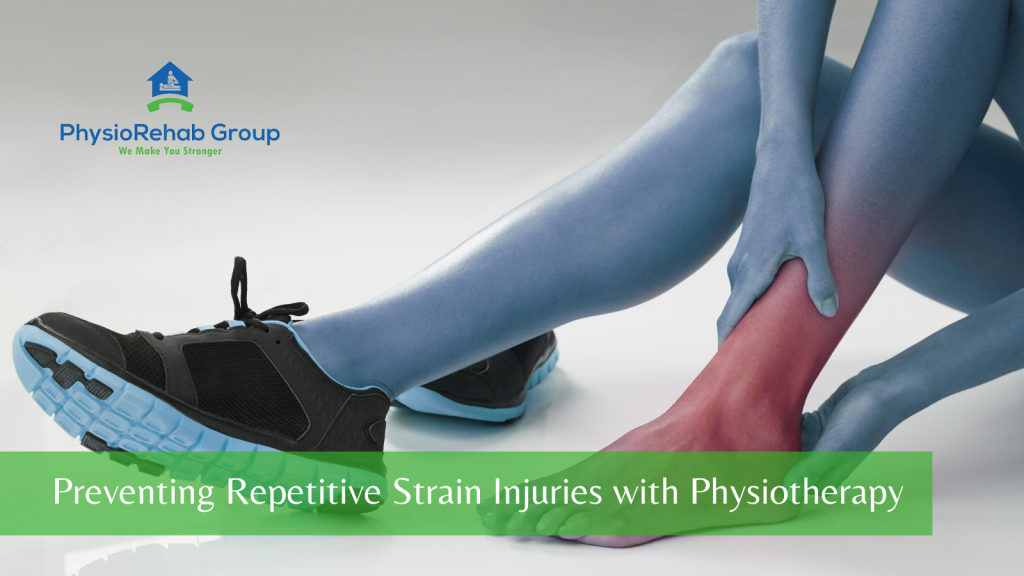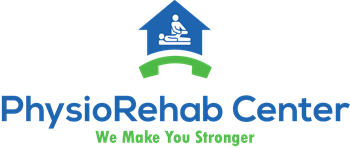
When there is repetitive movement in the body, be it at the job you do or participate in a sport or other activity that may use the same set of muscles and joints, you would have felt some kind of uneasiness, discomfort or even pain.
Sometimes this discomfort can take things to the next level and make it worse overtime, and does not go away with rest and relaxation. This is called a repetitive motion injury or repetitive motion disorder, but in common words it is referred to as repetitive strain injury.
Some of the Symptoms of A repetitive strain injury are stiffness, tenderness or throbbing in the affected area, to numbness, tingling or loss of sensation and strength, or acute pain that can be mild or severe, Usually due to:
- overuse of certain muscles
- poor posture (or holding the same posture for a long period of time),
- vibrating equipment
- a prolonged high-intensity workout
- excessive manual labour
- heavy lifting
- even exhaustion
- psychological stress
How Physiotherapy Can Help?
To treat RSI’s, use of hot or cold packs, elastic supports or splints, or pain medications can be used. Many times, surgery might be needed if nothing else works. But before considering surgery as a last resort, be sure to consider Physiotherapy to help treat muscles, joints and nerves.
Physiotherapy is anchored in movement sciences and aims to enhance or restore function of multiple body systems. It can be helpful in the short or long term as it will reduce the symptoms of RSI by strengthening muscles and joints, retraining posture, improving range of motion and preventing further injury.
Our skilled Physiotherapist will examine areas of the body that are affected and develop a personalized plan to address the severity of your discomfort.
This includes targeted exercises that will:
- Alleviate areas where Joints are stiff
- Improve flexibility of muscles
- Improves/Corrects posture
- Boost blood circulation
- Minimize sensitivity of Nerves
- Build muscle endurance
Your Physiotherapist may ask you to get Physiotherapy in combination with massage therapy or acupuncture to assist with reducing symptoms and relaxing the muscles.
Preventing Further Repetitive Strain Injury
Your Physiotherapist will tell you proper techniques to help reduce the chances that you may experience further injury or other symptoms related to RSI.
These techniques may include:
- Warm-up and cool down exercises for muscles and joints
- How to maintain proper posture while working or performing the activity that caused your RSI
- Executing proper lifting and carrying techniques
- Stretches to perform at designated intervals throughout the day, especially through long periods of sitting
With the right treatment and techniques, prevention is possible. Rarely, Physiotherapy may not be able to address the severity of every issue. Physiotherapy is a powerful solution to support their RSI and learning the proper techniques helps to maintain a healthy, active lifestyle.
If you’re considering Physiotherapy for your repetitive strain injury, contact PhysioRehab Group today to learn more about how we can help!

Recent Comments